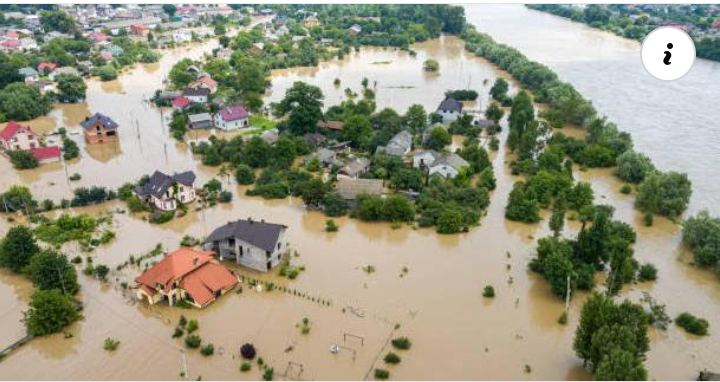
The Nigerian Federal Government, through the Nigeria Hydrological Services Agency (NIHSA), has announced that the management of the Lagdo Dam in Cameroon has informed them of plans to begin controlled water releases at a rate of 100 cubic meters per second (8,640,000 cubic meters per day).
In a press statement issued by Umar Ibrahim Mohammed, the Director General/CEO of NIHSA, it was noted that the water release is projected to gradually increase to 1,000 cubic meters per second over the next week, depending on the inflow from the upstream Garoua River, which is the primary source for the reservoir and significantly impacts the Benue River.
The dam managers emphasized that the water releases will be carried out gradually to avoid exceeding the Benue River system’s capacity and to prevent significant flooding downstream in Nigeria.
Additionally, the Agency mentioned that the release of water from the Lagdo Dam will cease as soon as there is a noticeable decline in the flow into the reservoir.
They advised Nigerians to remain calm, stating that “there is no need for alarm as significant flooding is not anticipated downstream in Nigeria since the Benue River’s flow levels remain within the warning parameters.”
The agency issued a strong warning to states adjacent to the Benue River system, including Adamawa, Taraba, Benue, Nasarawa, Kogi, Edo, Delta, Anambra, Bayelsa, Cross River, and Rivers. It urged all levels of government—Federal, State, and Local—to increase vigilance and implement adequate preparedness measures to mitigate the potential impacts of flooding that may arise due to rising flow levels in the main rivers during this time.
The agency committed to closely monitoring the flow situation of the transboundary Benue River and national inland rivers, providing regular updates on water levels in major rivers to prevent further flooding disasters.
